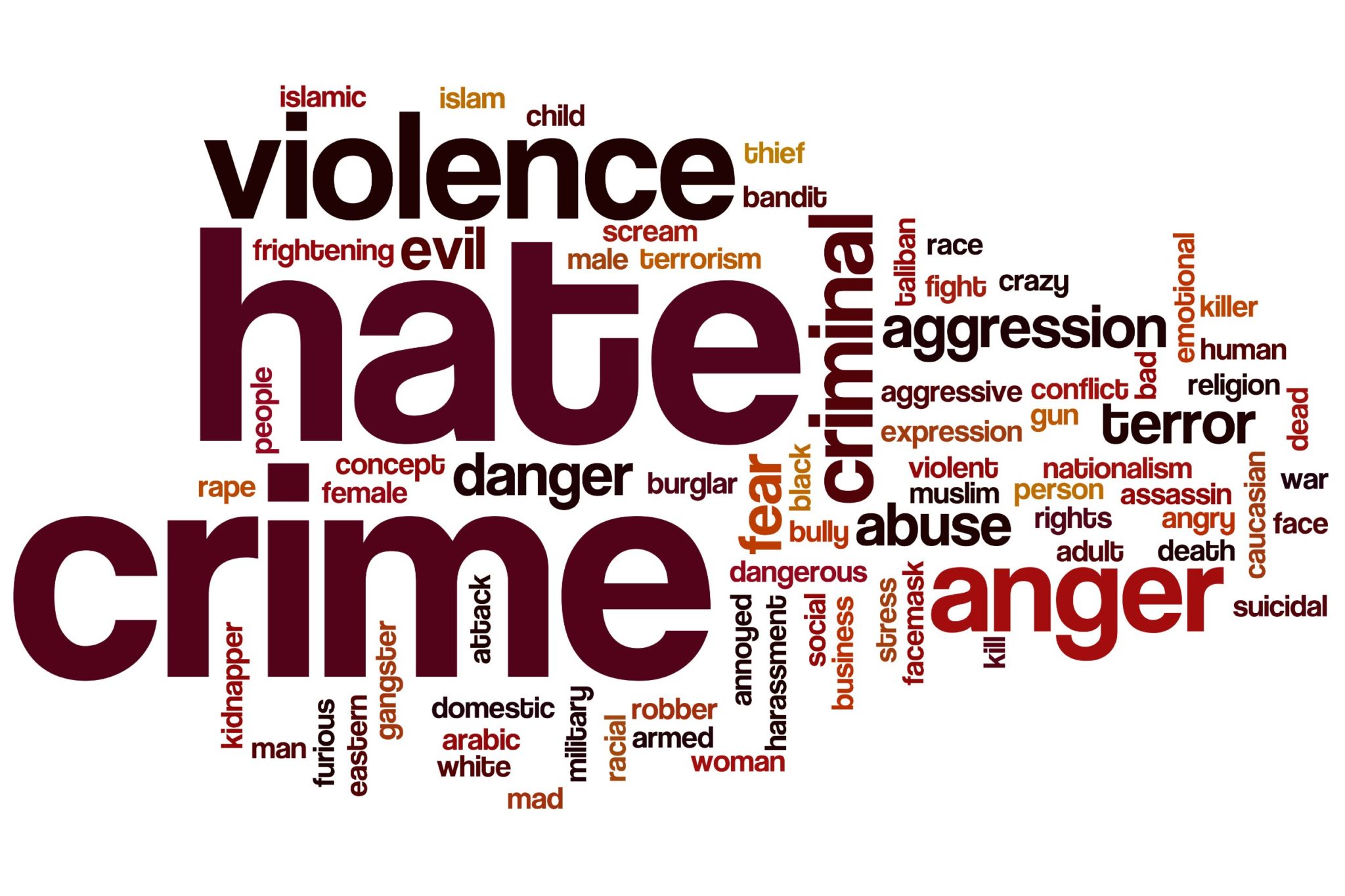Hate crimes are increasing in America—as much as 44 percent in major cities.
Like the hate crime in Texas that got a 21-year-old man sentenced for 25 years behind bars.
His crime?
Attacking an Asian family in a Sam’s Club who he believed to be Chinese and therefore – in his mind – responsible for the COVID-19 pandemic. He admitted his act was motivated by his perceived nationality of the family, attempting to kill a 6-year-old child in the process.
In the United States, crimes such as these are addressed by the legal system in very harsh ways. In fact, hate crimes have their own special category due to the motivations that fuel them.
Here is what you need to know about these types of crimes and what anyone who perpetrates them and is found guilty can expect to face at the hands of the United States government.
What Are Hate Crimes?
When someone perpetrates a crime against another person simply by chance, that’s a heinous act all by itself. However, under the law, that crime can be even more serious if it’s motivated by the national origin, race, sex, or religion of the victim.
These classes of people are protected on the federal level and perpetrating crimes against them due to one or more of these factors constitutes a hate crime in the eyes of the government. That means the penalties will be increased for perpetrating a crime against someone who has particular characteristics, whether because you believed them to be true or they actually were true.
Do You Have to Commit the Crime to Be Charged?
Sometimes people will plan to commit a hate crime but never actually follow through with it. The question is: can simply planning a crime get you charged with a hate crime?
Conspiracy to commit a hate crime is a real charge. It means that not only are those who follow through on perpetrating a hate crime at risk of being prosecuted, but also those that conspire to commit one – even if it never actually happens.
The Penalties for Hate Crimes
Whether you simply conspire to commit a hate crime or actually follow through and do it, you can face significant penalties. Federal hate crime penalties vary widely and depend on the underlying crime. For example, murdering another as part of a hate crime will carry a stiffer penalty than setting fire to a building as a hate crime, but the penalties are still going to be elevated due to the nature of the act.
In most cases, a federal hate crimes conviction will send you to prison for a maximum of 10 years. If the crime involves sexual assault, kidnapping, attempted murder, or a death resulted from the crime, then the judge can sentence a person to up to life in prison – or really any length of time they deem reasonable for the crimes that were committed, attempted, or conspired to be committed.
Being accused of committing a federal crime is serious, but being accused by the federal government of a hate crime is even worse. That’s why it’s vital to understand the charges you may be facing and have an experienced attorney on your side to help you formulate a robust defense – something every American is entitled to.





